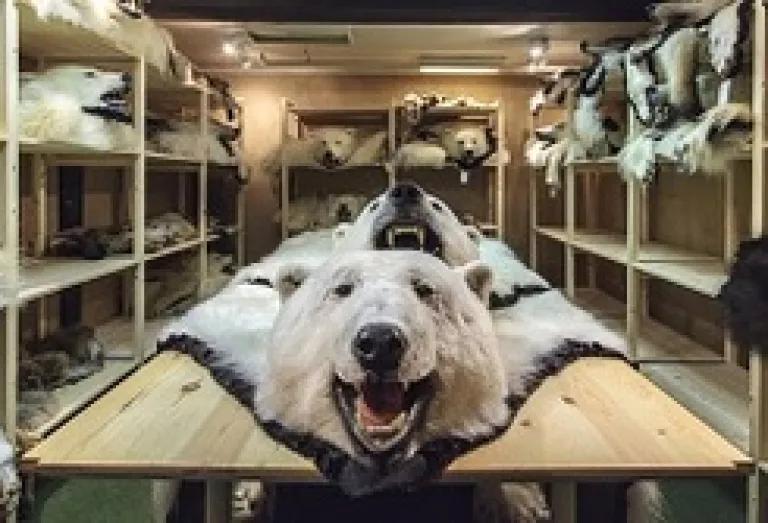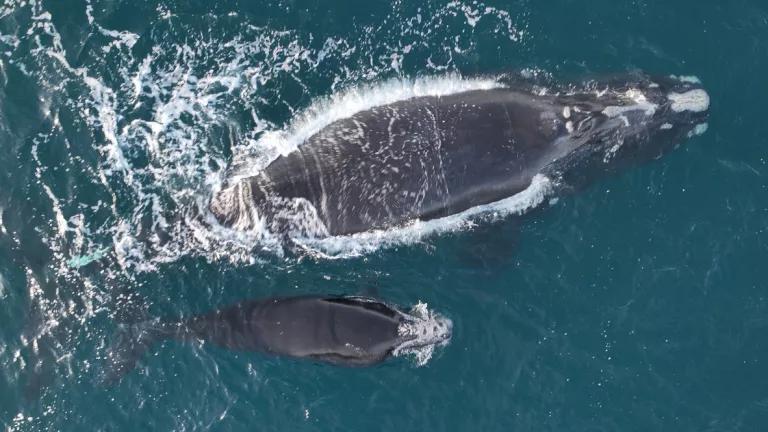100th Anniversary of Bowdoin's Polar Bear Mascot Reminds Us of the Importance of Increased Protections
Today marks the 100th Anniversary of my college mascot (and, in my opinion, the best college mascot of all time) – the Bowdoin polar bear.
The mascot was chosen in 1913 to honor Admiral Robert Peary (class of 1877) and Donald MacMillan (class of 1898) – two Bowdoin alums who led our country’s Arctic explorations. Peary led the first successful expedition to the North Pole in 1908, and MacMillan, a member of Peary's crew, became famous as he explored Greenland, Baffin Island and Labrador in the schooner Bowdoin.
If you went to Bowdoin, you love polar bears. They are fierce. They are beautiful. And they are mysterious. Whether it’s the large statue in the center of campus, the polar bears secretly incorporated into the student union’s leaf-themed wallpaper, or the polar bears adorning virtually every piece of Bowdoin apparel, this amazing animal is a pervasive part of being a Bowdoin student.
Which is why I find it so appropriate that 8 years after I graduated from Bowdoin, I’m celebrating the anniversary from my desk at the Natural Resources Defense Council, where I’m working to increase protections for polar bears under the Convention on the International Trade in Endangered Species (CITES).
While I didn’t know it at Bowdoin, Canada actually exports polar bear parts (e.g., skins, claws, teeth) for international commercial trade, contributing to the decline of the species, which is already suffering from climate change. That’s what we’re trying to stop.
The U.S. has done its part for polar bears by proposing to ban this trade by transferring polar bears from Appendix II to Appendix I of CITES. So now it’s largely up to other countries to support the U.S. The UK, in particular, is key to our success and the recent unveiling of a polar bear sculpture named Boris in London, paired with massive public support, has our hopes up.

Paul Shoul
And if we don't succeed? Well…not only will we lose polar bears altogether (and at a much faster rate), but Bowdoin will also lose an integral part of its culture and identity.
Take action here!




